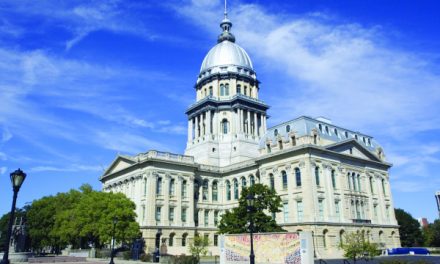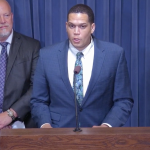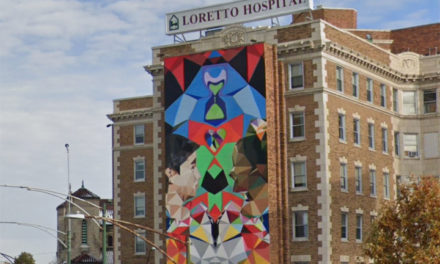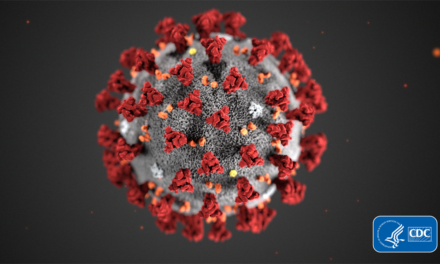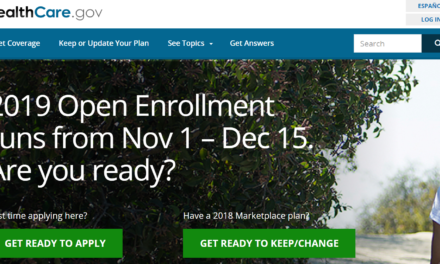
Chicago launches program to address racial disparity among COVID-19 patients
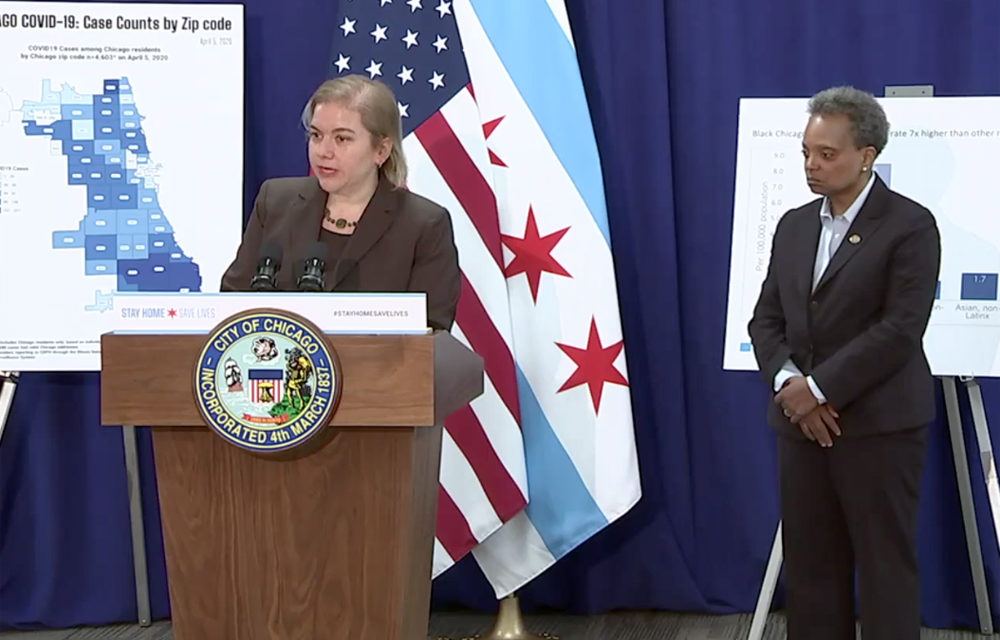
Chicago Mayor Lori Lightfoot raised a “public health red alarm” Monday and unveiled a plan intended to address the disproportionately high rate of COVID-19 deaths among African Americans.
She is requiring that all healthcare providers collect and provide a “complete suite of demographic information, including race and ethnicity for each COVID-19 patient they test or treat.”
“It is up to the healthcare providers who are on the frontlines not to skip over the boxes that provide us with the demographic information that’s essential for us to understand the impact on black and brown communities,” Lightfoot said. “You must do this and we will order it to happen.”
Of the 98 Chicagoans who have died from COVID-19 as of Sunday, 72 percent are African American. More than half of the confirmed cases in the city are African Americans, which make up roughly 30 percent of the city’s population.
Chicago Health Commissioner Dr. Allison Arwady said that they have no race or ethnicity information for about a quarter of the new coronavirus cases reported in the city.
She said it is not uncommon for that information to be omitted, but it is increasingly important during the pandemic to have that on hand to have a better understanding of the virus’ spread. The reporting would also give officials a better understanding of the virus’ impact on the Latinx community, where Arwady said the cases are likely underreported.
The city is also launching a “racial equity rapid-response team” that will be led by West Side United and be made up of public health experts, personnel from provider networks, local community activists and other stakeholders.
Statewide, nearly a third of confirmed cases in the state and more than 40 percent of deaths have been African Americans. African Americans make up less than 15 percent of the state’s population.
Other plans outlined Monday include regional briefings with local stakeholders in communities adversely impacted from the pandemic, community and education outreach with youths and at-risk residents, deploying larger buses or extra buses to allow for social distancing during public transit and increased surveillance of groceries and convenience stores to enforce social distancing requirements.
Health News Illinois is removing the password on all stories related to the coronavirus. For the latest developments follow us on Twitter at @healthnewsil or check out our website. For complete healthcare coverage, sign up for a free trial to our daily email newsletter.


